I don't blame you for being you. But you can't blame me for hating it
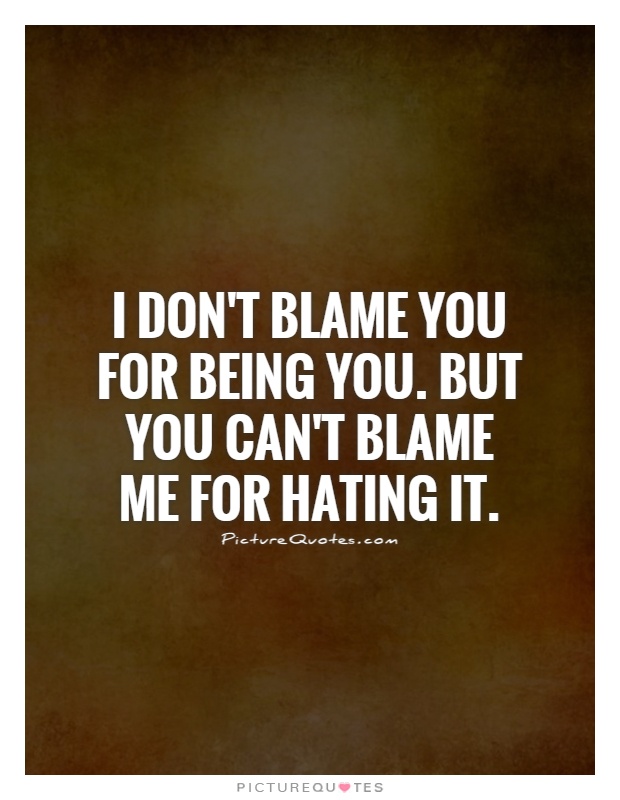
I don't blame you for being you. But you can't blame me for hating it
Blame is a powerful and often destructive force in relationships. It can create resentment, anger, and a sense of injustice. When one person blames another for their actions or behavior, it can lead to a breakdown in communication and trust. The quote "I don't blame you for being you. But you can't blame me for hating it" encapsulates this dynamic perfectly.In this context, the speaker is acknowledging that they do not hold the other person responsible for who they are as a person. They understand that everyone is entitled to be themselves and to live their lives as they see fit. However, the speaker is also asserting their own right to feel negatively about the other person's behavior or actions. They are drawing a line between accepting someone for who they are and accepting the consequences of their actions.
Blame is often a reflexive response to conflict or disagreement. When we feel hurt or wronged by someone else, it is natural to want to assign blame and hold the other person accountable for their actions. However, this can quickly escalate into a cycle of blame and resentment that is difficult to break.
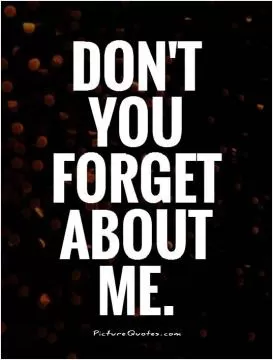
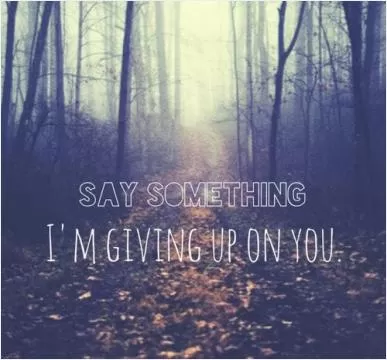

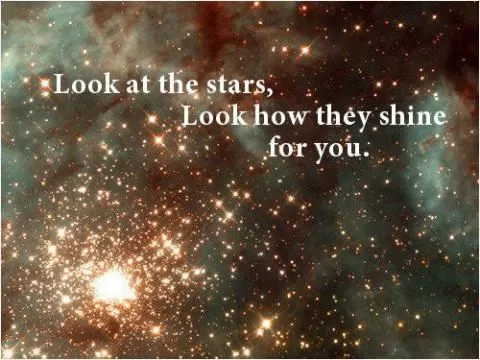
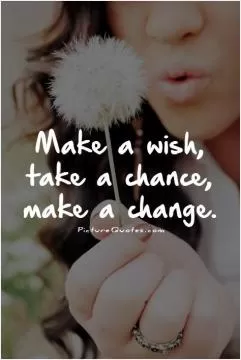

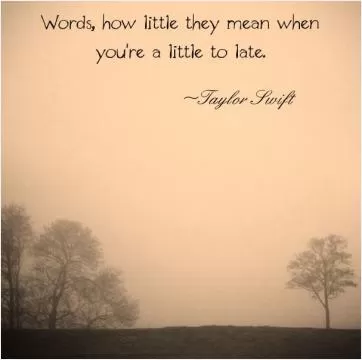
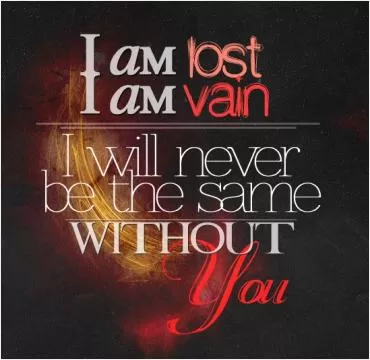



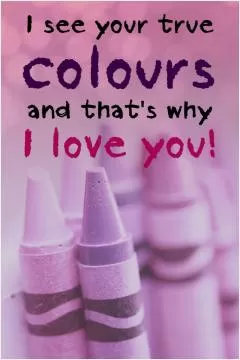
 Friendship Quotes
Friendship Quotes Love Quotes
Love Quotes Life Quotes
Life Quotes Funny Quotes
Funny Quotes Motivational Quotes
Motivational Quotes Inspirational Quotes
Inspirational Quotes